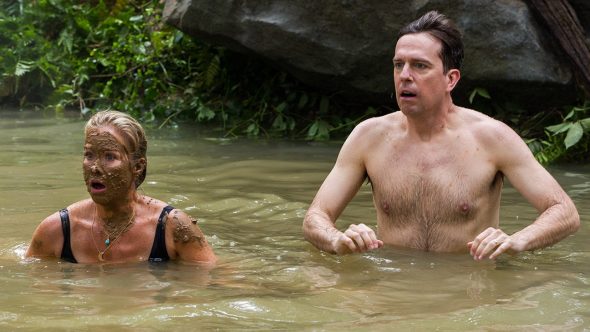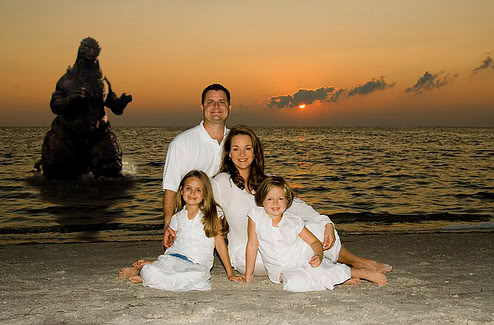
While most travelers and vacationers feel traveling should be experienced like a weekend at Disneyland, few know that they are at their most vulnerable during a long-distance vacation.
Travel insurance can’t prevent bad things from happening on a vacation, but it may be able to protect the traveler’s financial investment, according to the Insurance Information Institute.
For consumers worried that an extreme weather event or political unrest might affect their vacation plans, travel insurance may be able to provide answers. But that is only if the right questions are asked first.
Asking these key questions can help a traveler determine whether he or she should consider purchasing travel insurance or let chance do its work. Not all incidents are covered and certainly not all occasions require extra protection.
- If I had to cancel my vacation, would I lose the money I paid in advance?
- Is there a chance severe weather or other events could interrupt my vacation?
- If the tour operator were to go bankrupt, would I receive a refund?
- Is there a chance I might get injured because I’m planning an active vacation (biking, hiking, sailing)?
- Will I be traveling with small children or older relatives who might have special needs?
- Might I need special assistance while on vacation such as an English speaking doctor or dentist?

If the answer to any of these questions is “yes,” you may be a candidate for travel insurance.
Most travel insurance policies include three basic types of coverage:
- Trip Cancellation, Interruption or Delay: Provides coverage if a traveler need to cancel a trip due to sickness, a death in the family, bad weather, delayed shipment of luggage or another disaster listed in the policy. In addition, if a traveler become seriously ill or is injured during the trip, some policies will provide reimbursement for the unused portion of the vacation. (There may be exclusions for pre-existing conditions, so check your policy carefully.)
Some—but not all—travel insurance policies may provide coverage if the cruise line or tour operator goes out of business. And, for an additional fee, some insurers offer a “Cancel for Any Reason” provision, which provides coverage if one cancels a trip due to “the fear of something that may happen,” such as civil unrest or a forecast natural disaster.
- Medical Insurance and Medical Evacuation: Provides coverage if a traveler is injured while traveling—for example, being airlifted off a mountain due to a skiing or hiking accident—or in the event the insured gets seriously ill and needs to be flown home. Some commercial airlines require very sick passengers to travel on a stretcher with a medical escort; the travel insurer will usually make arrangements for this.
- 24-hour Assistance: This service, provided by most travel insurance companies, can help travelers find doctors, arrange accommodations, contact their families or get other forms of assistance in case of an emergency.
- Other Travel Related Coverages: These include: Accidental Death, should a traveler or member of the travel group die during the course of a trip; and Luggage Insurance or Personal Effects Coverage, which provides protection if luggage and/or personal belongings are lost, stolen or damaged.

The cost of a travel insurance policy is based upon the age of the traveler, the specific coverages selected and the cost of the trip. On average, standard travel insurance policies cost about 5 to 7 percent of the total cost. Travel insurance is different from the cancellation waivers that many cruise and tour operators offer. Waivers are not insurance; they are relatively inexpensive and provide coverage if a traveler has to cancel the trip, but these come with many restrictions. Waivers are not regulated by state insurance departments.
There are many different travel insurance companies and types of policies. An easy way to review coverages is to go to Insuremytrip.com.
Also, travelers should check their health and homeowners insurance policies, as well as their credit card companies, to see what travel related coverages they may already have.
Morel information: U.S. Travel Insurance Association
=
































































































































































































































































































Get Social